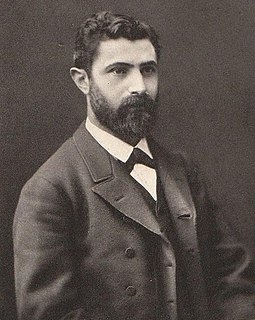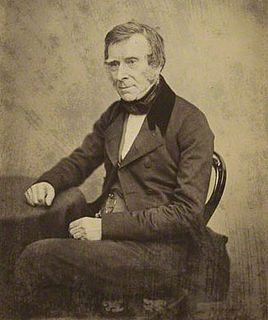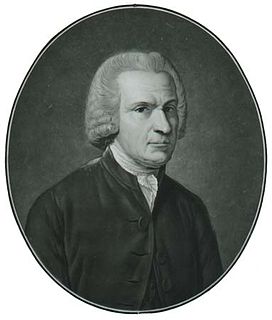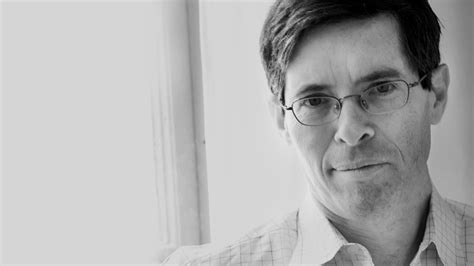A Quote by John Todd
Nothing is so much coveted by a young man as the reputation of being a genius; and many seem to feel that the want of patience for laborious application and deep research is such a mark of genius as cannot be mistaken: while a real genius, like Sir Isaac Newton, with great modesty says, that the great and only difference between his mind and the minds of others consisted solely in his having more patience.
Quote Topics
Related Quotes
The best minds come from the most unexpected faces and places. There is no image for intelligence or genius. Genius is something that cannot be seen. It cannot be produced or manufactured. It is something that even the true genius thinks is unattainable. The genius recognizes he’s just a small pea in a sea of infinite atoms. Knowledge is as infinite as the universe. The man who claims to know all, only reveals to all that he really knows nothing.
It is attention, more than any difference between minds and men.-In this is the source of poetic genius, and of the genius of discovery in science.-It was that led Newton to the invention of fluxions, and the discovery of gravitation, and Harvey to find out the circulation of the blood, and Davy to those views which laid the foundation of modern chemistry.
I think a good deal may be said to extenuate the fault of bad Poets. What we call a Genius, is hard to be distinguish'd by a man himself, from a strong inclination: and if his genius be ever so great, he can not at first discover it any other way, than by giving way to that prevalent propensity which renders him the more liable to be mistaken.
His hypothesis goes to this - to make the common run of his readers fancy they can do all that can be done by genius, and to make the man of genius believe he can only do what is to be done by mechanical rules and systematic industry. This is not a very feasible scheme; nor is Sir Joshua sufficiently clear and explicit in his reasoning in support of it.
The great genius does not let his work be determined by the concrete finite conditions that surround him, whilst it is from these that the work of the statesman takes its direction and its termination. ... It is the genius in reality and not the other who is the creator of history, for it is only the genius who is outside and unconditioned by history.
A genius is the man in whom you are least likely to find the power of attending to anything insipid or distasteful in itself. He breaks his engagements, leaves his letters unanswered, neglects his family duties incorrigibly, because he is powerless to turn his attention down and back from those more interesting trains of imagery with which his genius constantly occupies his mind.
Long ago, Sir Isaac Newton gave us three laws of motion, which were the work of genius. But Sir Isaac's talents didn't extend to investing: He lost a bundle in the South Sea Bubble, explaining later, 'I can calculate the movement of the stars, but not the madness of men.' If he had not been traumatized by this loss, Sir Isaac might well have gone on to discover the Fourth Law of Motion: For investors as a whole, returns decrease as motion increases.































